Language is powerful, and the words we choose can cause offense to the people around us. Ignorance is no longer an excuse for using phrases that have arisen from stereotypes and racism. Here’s 19 common phrases with bigoted origins, so you can stop saying them and help to educate others.
“Eenie, Meenie, Miney, Mo”

This children's rhyme used to include a racial slur instead of “tiger by the toe.” The original version cannot be repeated here, but the new version is still offensive to black people and shouldn’t be said under any circumstances. Changing a few words does not change the rhyme’s original intention.
“Peanut Gallery”
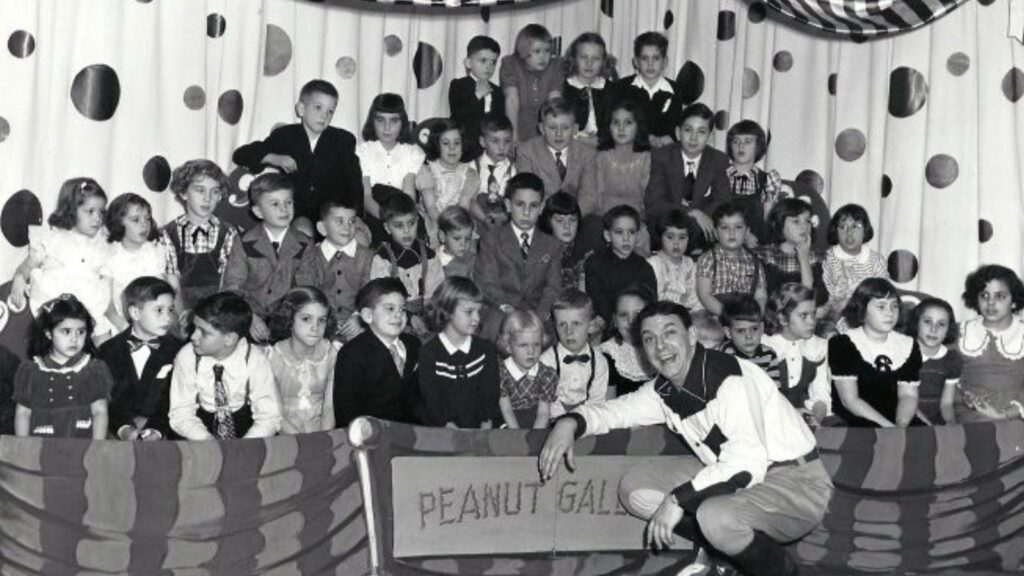
Originating from the vaudeville era, this term referred to the sections in theaters where African Americans were segregated. Those in the cheap seats would throw peanuts at some of the performers. Its racist origins are disputed, but the time at which it was used and the makeup of the audience who sat in the galleries heavily suggest it is bigotry.
“Grandfather Clause”
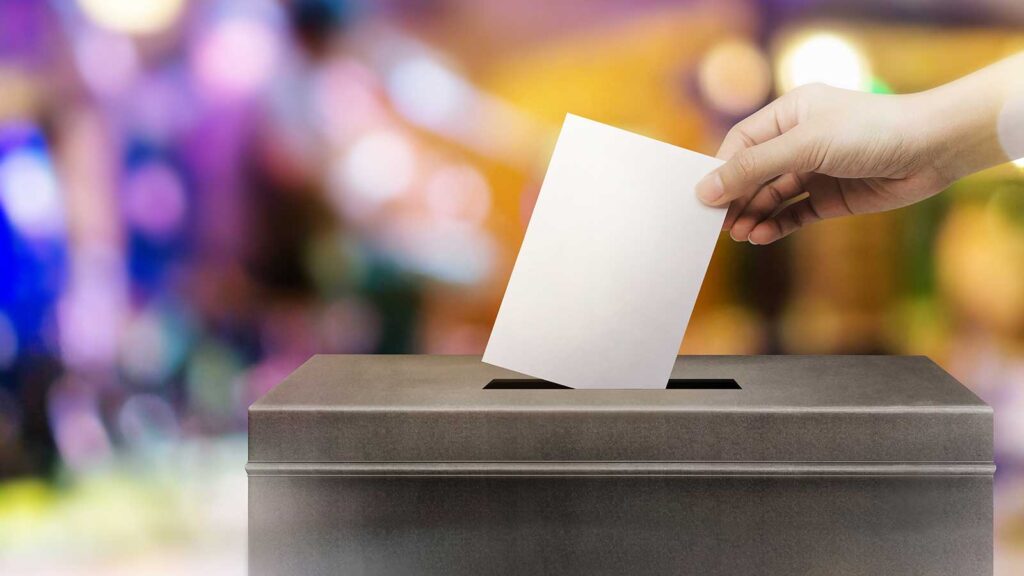
This term arose from laws created to exempt white voters from literacy tests and other voting conditions that newly freed African Americans could not meet. Many white voters weren’t able to meet the requirements, so a way was needed to allow them to vote without failing the tests. All that was required was a descendant who was able to vote, hence the term ‘grandfather clause.’
“Gyp” or “Jip”
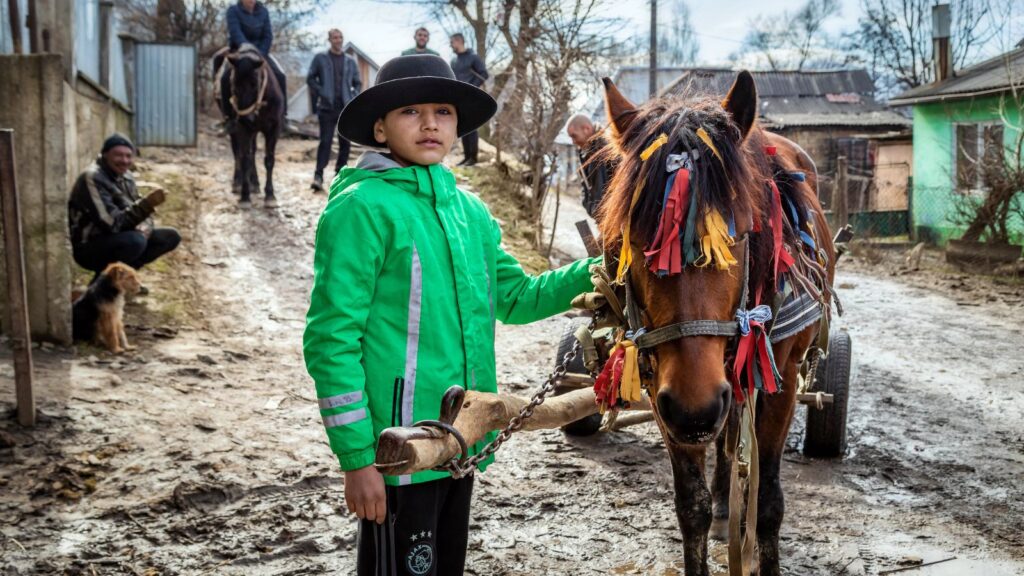
Coming from the stereotype of the Romani people (pejoratively called “gypsies”) as thieves, this term perpetuates discrimination against the Romani and other Traveler people. Some European countries have enacted laws to protect these ethnic groups, but they still face prejudice on a daily basis.
“Sold Down the River”
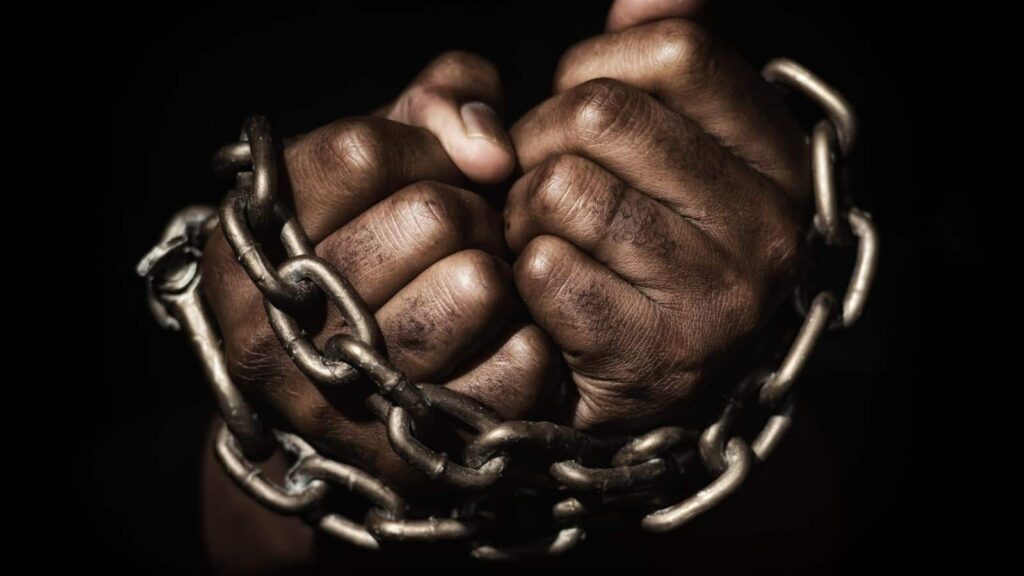
This phrase originates from the days of slavery when slaves would be sold down the Mississippi River to plantations. Using it ignores the atrocities faced by slaves in the United States.
“Uppity”

Used during the Jim Crow era to describe African Americans who did not conform to the oppressive social standards of the time. It’s a phrase used casually by people ignorant of its origins. It is an excellent example of vocabulary that shouldn’t be used in popular use, but it remains so due to a lack of education.
“No Can Do”

Popularized in the U.S. to mimic the broken English of Chinese immigrants, “no can do” caricatures and mocks the speech pattern of non-native English speakers. It’s actually a literal translation of the phrase used in Mandarin Chinese to say you are unable to do something.
“Off the Reservation”

Originally referring to Native Americans who left boundaries enforced by the government, it has evolved into slang for someone acting independently or unpredictably. Saying it overlooks the repression faced by Native Americans and the implication that their only place is on a reservation.
“Hip Hip Hooray”
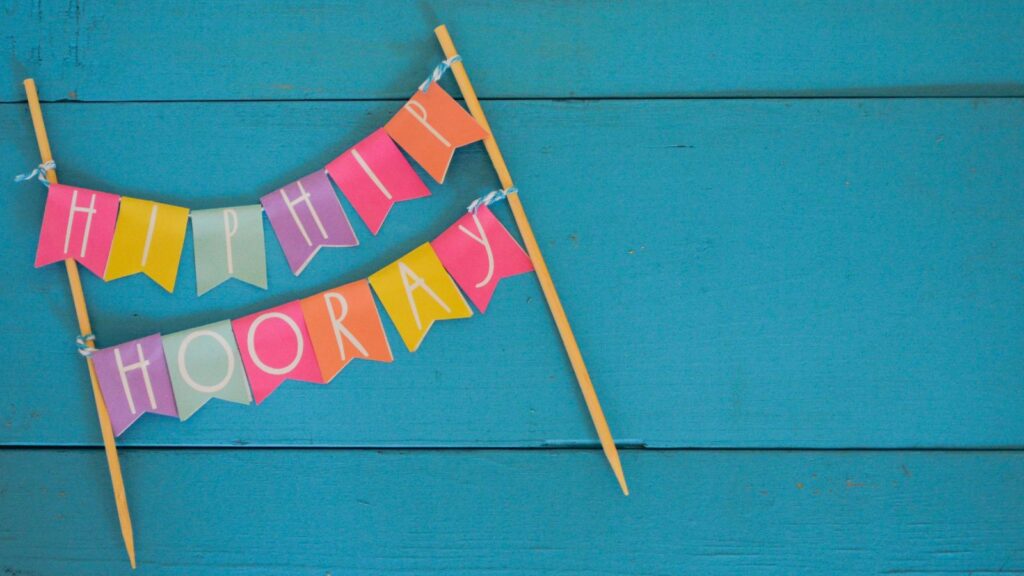
Linked to the anti-Semitic Hep-Hep riots in 1819 Germany, where rioters shouted this as a rallying cry while attacking Jewish communities. It’s obviously anti-Semitic when the context is known, so its use should be avoided, as well as informing others of where the phrase comes from.
“Indian Giver”
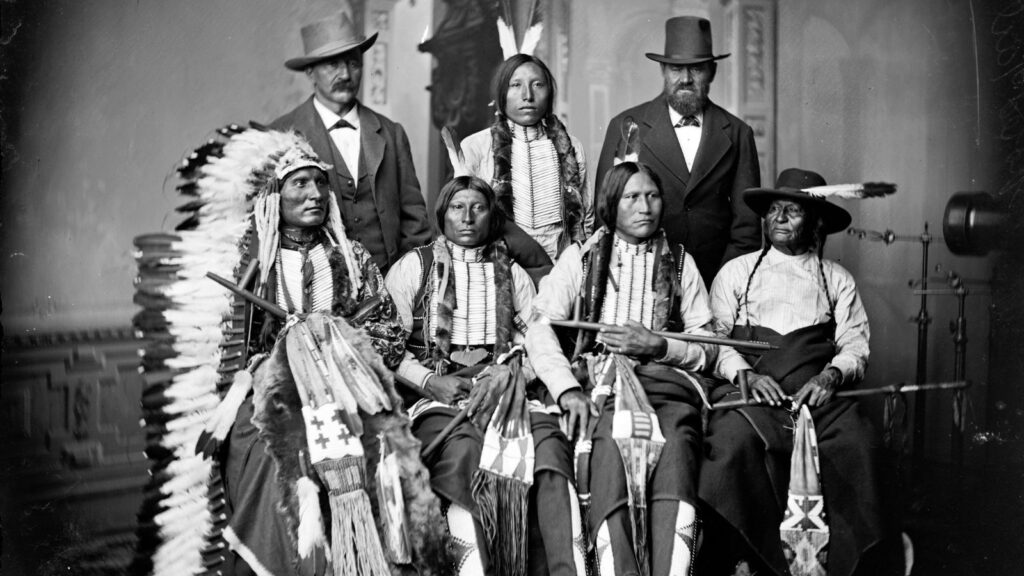
This term accuses Native Americans of dishonesty in gift-giving practices and misunderstands cultural differences. Europeans believed that nothing was expected in return when they received a gift from indigenous people. One was expected in return, but instead of accepting that there are cultural differences, the Europeans created terminology that’s now used as a pejorative.
“Cakewalk”
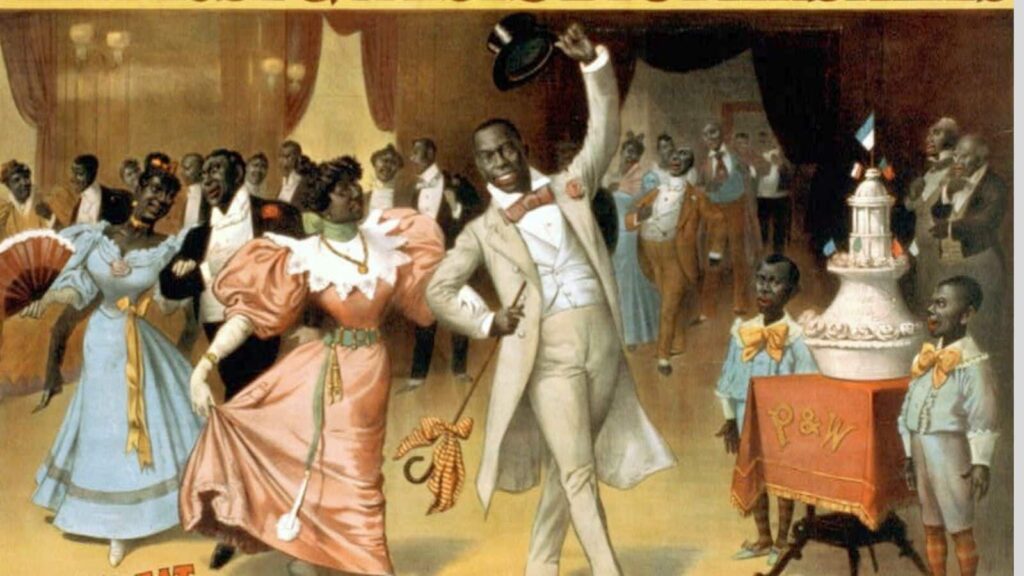
A cakewalk was a dance performed by enslaved Africans in the Southern United States. Slave owners would observe this dance and award a cake to the winners. Today, it’s used when something is easy to do, which completely eradicates the exploitative and degrading origins of the phrase.
“Long Time No See”

Mimicking Native American or Chinese Pidgin English, this phrase is mocking the grammatical structures used by non-native speakers. Immigrants who arrive in another country and make the effort to learn the language should be applauded rather than made fun of.
“Moron,” “Idiot,” “Imbecile”

These were official terms used to describe people with mental disabilities in the early 20th century. They are now used to describe a person’s intellectual capacity, usually in an aggressive manner.
“Hooligan”

Thought to be derived from the surname of a rowdy Irish family in London, the word reinforces stereotypes about Irish immigrants. It’s an image that Irish people have struggled to rid themselves of, having faced systematic discrimination and hatred during the 20th century.
“Paddy Wagon”
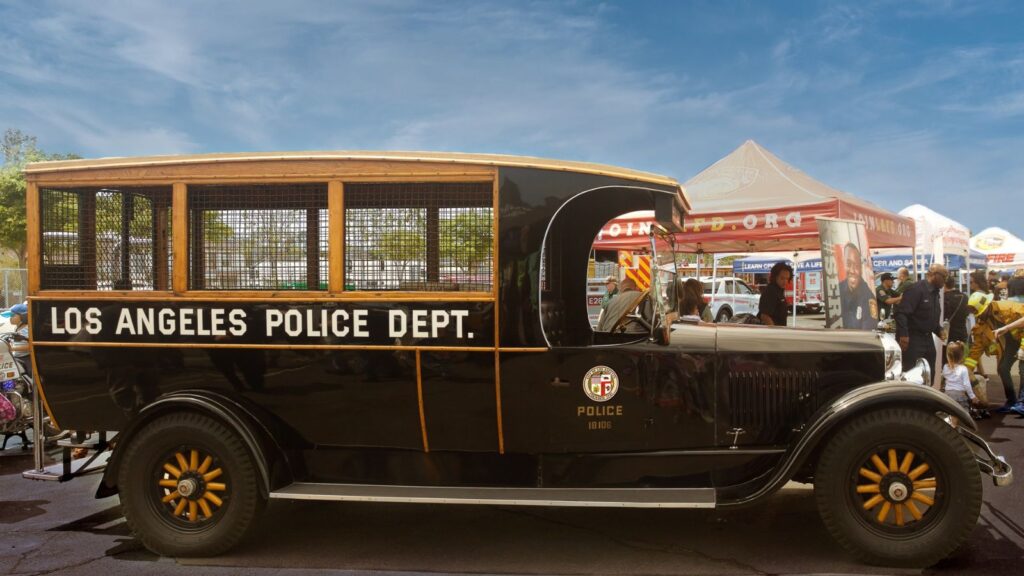
“Paddy” is an ethnic slur against Irish people, and “paddy wagon” refers to police vans that would pick up drunken individuals, many of whom were Irish. It infers that the only use for the vans was to pick up drunk Irish men. It’s a term that is still in popular use despite its origin being obvious through the use of the word “Paddy.”
“Blacklist” and “Whitelist”
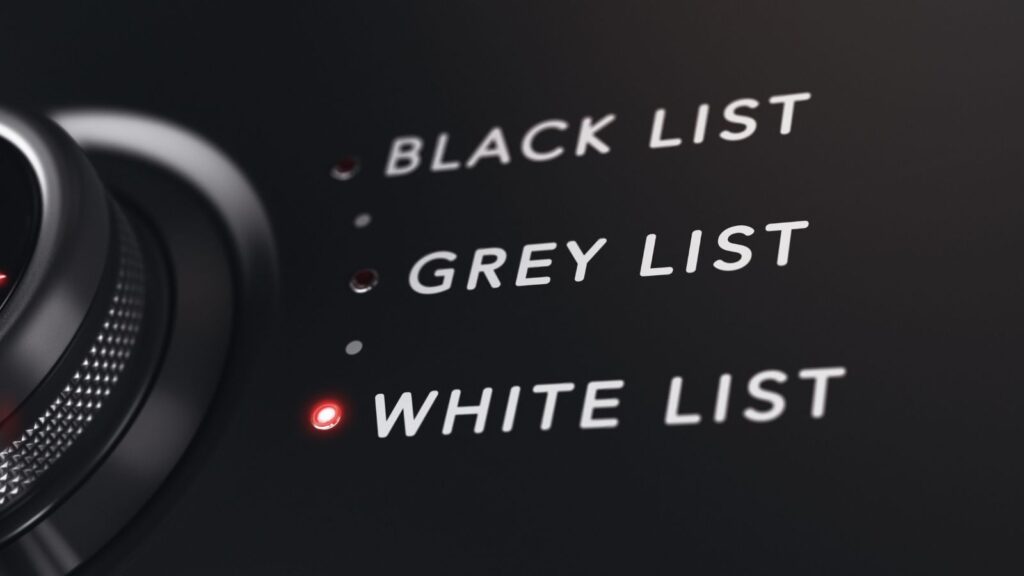
These terms associate ‘black' with prohibition and negativity and ‘white' with allowed and positive actions. With a little bit of thought, it’s easy to see why this is such a problematic way of describing things. You can’t imply that all things black are negative, especially when it’s the color of people’s skin.
“Lame”

Once a term to describe physical disability related to difficulty walking, it’s now used colloquially to describe something as uncool. It’s insensitive to people who have physical disabilities, and you’re using a condition they have to live with to negatively describe a trivial thing or situation.
“Mumbo Jumbo”
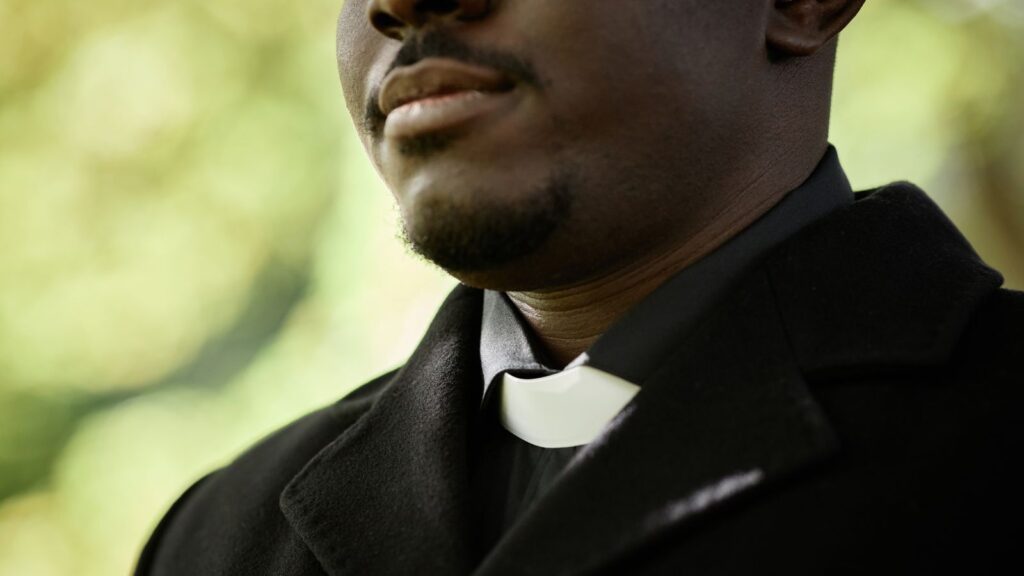
Originating from a Mandinka word, Europeans used these words to describe African priests or medicine men. Now said to describe something as nonsense, it’s dismissive of rituals, rites, and even African philosophical thought. They all deserve more respect and intellectual curiosity than to be associated with European colonialist vocabulary.
“Bogeyman”
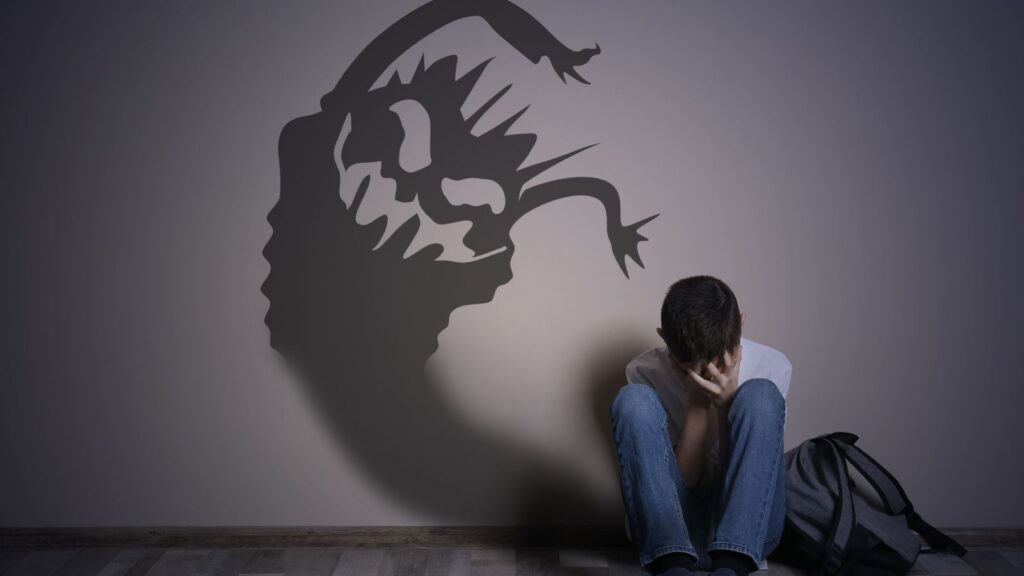
Derived from folklore elements used to scare children, this term was historically associated with a generalized fear of the “other.” The issue of the “other” and how it is used politically to instigate hatred towards ethnic groups is at the forefront of modern society. Governments and extremists are always looking for a new “bogeyman,” so it should be removed from your vocabulary.
30 Traditional Sayings That Are Now Considered Offensive by Woke Culture

30 Traditional Sayings That Are Now Considered Offensive by Woke Culture
21 Habits Often Associated With Having a Lower Social Status

21 Habits Often Associated With Having a Lower Social Status
25 Social Issues Gen Z are Determined to Cancel

